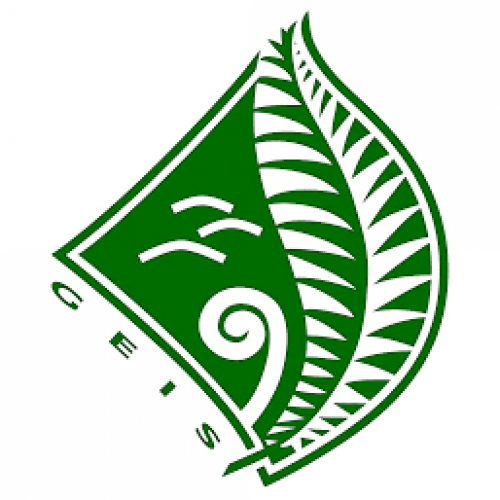
Karekare and Te Henga Mini Schools ANZAC Day Service
On Friday 7 May Karekare and Te Henga mini schools held their own ANZAC ceremony to commemorate those who went before us in battle. This term our school wide inquiry question is “How do nations pay tribute to the past?” Many of our classes will choose to read about the ANZAC soldiers. Both in books and online they will unfold and discover their stories. Many of these teenagers were only three to four years older than our students, heading off across the world on what many saw as an adventure, that would forever change the landscape of the world we now live in. Many never returned. Some mothers lost all their sons on the beach at Gallipoli or in the battlefields of the Western Front. Beginning with a social action, this ceremony was to show that our students do care 116 years later about those that gave their lives so they can be in a place of privilege today.
Here is recount of the service by Hannah Allison from Room 20
Quietly, the shuffling classes file into the spacious car park. The cold crisp air bites at me like an annoying mosquito; I shiver as I glance up at the stubbornly grey-white sky. No jackets allowed. The rocky concrete ground crunches under my feet as my class strides into our spot near the front and sits down.
By the time everyone is seated, half the school is waiting expectantly for the ceremony to begin. Menacing silence swoops in like a bat and uses its special power on everyone: the bored crowd starts whispering to one another, gossiping about the ceremony and the soldiers and the war. I zone in and out, thinking my own wild thoughts and wondering about the soldiers who gave up their lives years ago. Why should we celebrate them?
What about the people from other wars? So many people die every day, but it's only the ones who die bravely who get to be celebrated. Other ordinary people are close to others, but they don't get a special day every year for two whole countries to celebrate them. They might not have gone to war, but they were still important! But I gather my thoughts, clear my throat, and wait for the national anthem to start.
Some singing later, everyone is seated again and I’m free to think again. My mind is a whirlwind of thoughts and ideas and opinions; I have to tell myself off to settle everything down. What do I know about ANZAC? Well, it stands for Australia and New Zealand Army Corps. But what does that mean? Frustrated, (so many questions!) I think back to class time a few days ago. Soldiers volunteered to go to war, but they were dropped off at the wrong place and the Germans were ready for them. All of the ANZAC soldiers were killed and buried in a field where poppies grew everywhere. Poppies are now the symbol of ANZAC day—the day for Australians and New Zealanders to gather and remember those who gave up their lives for our freedom.
Now I understand, and I stand in a minute's silence, feeling sorry and grateful for the soldiers who gave the ultimate sacrifice: willingly going to war, knowing what awaits them. As a poem is read, I feel for the soldiers in Flanders Field and wish them peace in their dirty, underground beds. In my mind, I wish the soldiers of today luck, and hope they don't come to the same harm that the ANZAC soldiers did. Hopefully, one day, the world will learn to keep the peace and there will be no more wars. Then the ANZAC soldiers can sleep, not worrying of their descendants, who will remember them.
Lest we forget.
Hannah, Rm 20
Gallery



